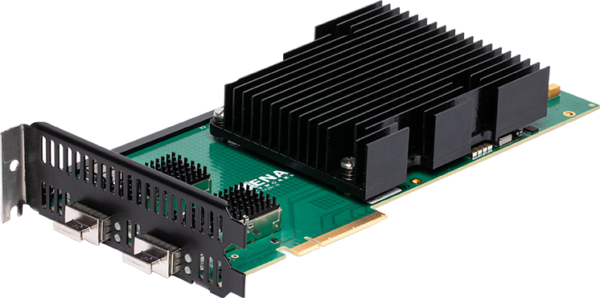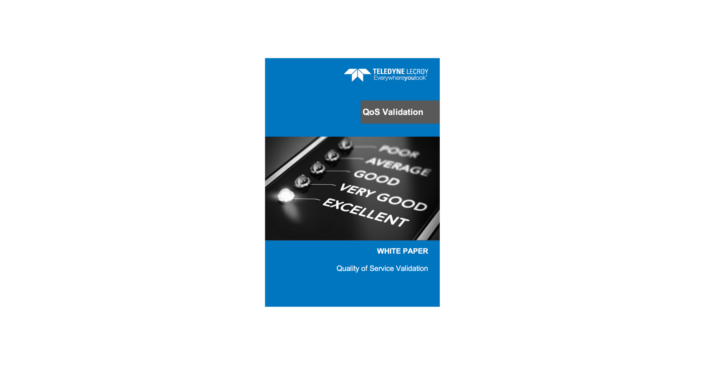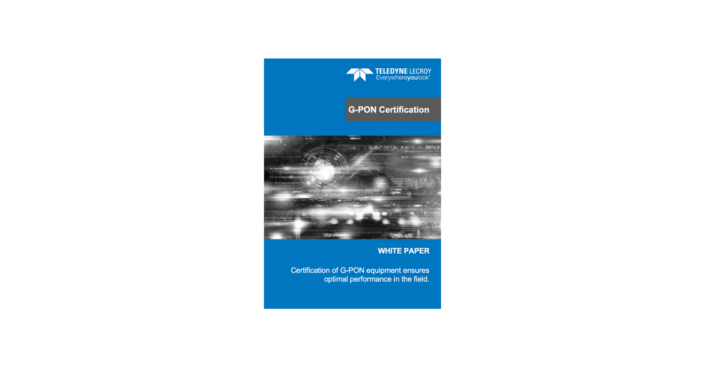
Award Winning Solutions
Xena has won multiple global awards for price/performance and technical innovation. Learn more.

Technical Expertise
Copyright © 2009-2024 Teledyne LeCroy Xena ApS, Denmark
These tests focus on validating the device or network’s uptime, fault tolerance, redundancy, and failover mechanisms to ensure continuous operation under various conditions, including high loads and equipment failures. A typical test setup could look like the one below:
The E100 Chimera network emulators simulate typical network impairments such as latency variations, jitter, and link loss. The Devices Under Test (DUTs) can either generate Ethernet flows, or traffic can be inserted and analyzed using traffic generators like the Z100 Loki.
These tests measure the network’s ability to meet stringent timing requirements and deliver consistent performance under varying traffic loads and environmental conditions. See below for a typical test setup.
Traffic generators are used to generate and analyze large amounts of flows with various Classes of Service (CoS) and loads to validate throughput and latency performance for mixed types of traffic classes, including high-priority/lossless data and best-effort traffic.
These tests focus on validating the devices’ ability to block malicious traffic and only allow benign traffic. Again, see right for a typical test setup.
The traffic generators insert packet flows with various headers and payloads to validate that the DUT blocks packets and content as defined by the appropriate rules.
Additionally, the Xena Ethernet test platform offers a range of predefined DDoS templates for testing the DUT against common threats.
Platforms like WIN-T (Warfighter Information Network-Tactical) allow forces to securely transmit real-time video, view maps, request artillery support, access mission command applications and connect with commanders. This requires resilient high-speed, low latency networks.
Other systems – like JTIDS – allow a strategic sharing of information between partner countries and agencies. This demands interoperability and a secure network.
The networking technology most frequently used for connecting units on battlefield and in command centres is Ethernet. Ethernet can handle very large amounts of data – the top speed is now 800Gbps.
Using Ethernet also ensures interoperability. It is a tried and tested technology based on well-defined international standards that all suppliers support. As a result, ethernet is used ubiquitously by the military. The trend is to go with existing COTS switches and other core networking devices and ruggedize them for use on the battlefield. We have over 10 years’ experience in testing the performance and features of such devices.
1.Soldiers may have a Rifleman or ShadowCat Radio plus a NettWarrior smartphone connected via a standard RJ45 Ethernet cable or a military M12 style connector.
2.This lets them access data feeds from overhead drones, JTIDS command station or air support. They can communicate securely with other units and receive precise GPS data.
The Ethernet switches used in these devices are ruggedized COTS switches. They allow the broadest range of interconnecting devices where there are very few – if any – protocol requirements.
The Ethernet interface allows connectivity to other devices without the need to know about security technologies such as encryption or frequency hopping.
Ensuring information flows quickly and smoothly between different groups on the battlefield – and those coordinating their operations – is essential.
Ethernet is the technology most frequently used for these ad-hoc networks.
This document looks at how the Xena Ethernet test platform is used to validate the resilience and performance of devices and services on the interconnected battlefield.
The Xena platform features over a dozen Ethernet traffic generators making it easy and cost-effective to test all Ethernet speeds from 10Mbps to 800Gbps.
These work seamlessly with the E100q Chimera network emulator for adding a comprehensive range of impairments such as jitter and latency (up to 100Gbps) to simulate real-world conditions in the lab.
Xena’s test solutions include feature-rich software for generating Ethernet traffic and analyzing the result. The primary tool is XenaManager.
There are also test suites for running standard tests such as RFC2544, RFC2889, RFC3918 and Y.1564, and specialized AN/LT tests along with a comprehensive range of powerful scripting and test automation options such as Xena OpenAutomation (XOA), an open-source test automation framework featuring a Python API that runs on any OS.
Choose between the robust scalable 4U XenaBay with space for up to 12 test modules, or the small, easy-to-transport 1U XenaCompact with just one test module.
All our solutions include the Xena Value Pack which consists of 3 years’ SW updates, 3 years’ HW warranty, free online/email support for the lifetime of the product and free product training.
Together with our low port-pricing, this represents significant savings on the TCO of your Ethernet traffic generation and analysis solutions.



Looking for specific information? Like a quick guided demo? We'd love to hear from you!
Tell us what you need and we will put you in direct contact with the best qualified person to help you, whether it’s an engineer, a product manager or a sales representative.